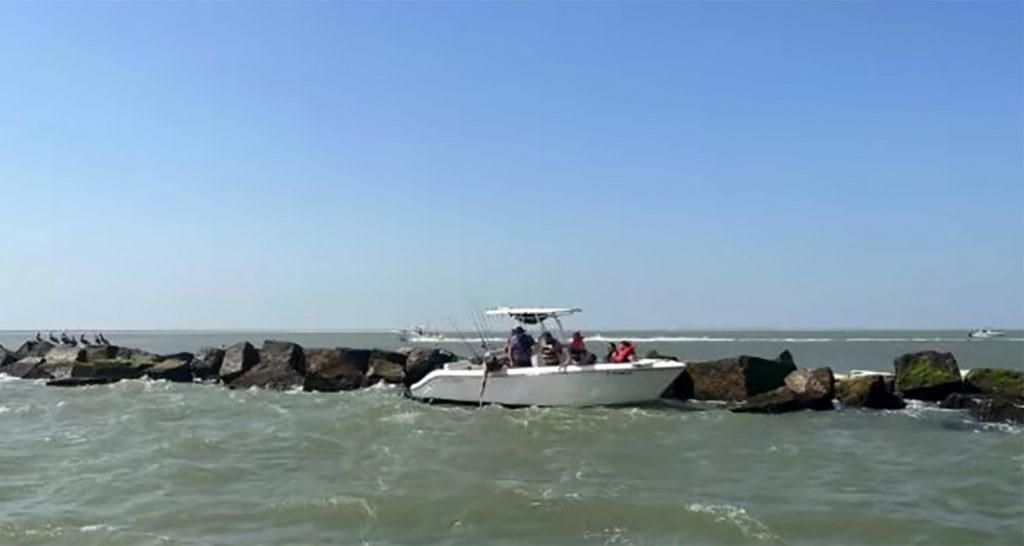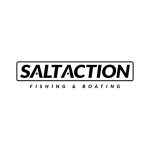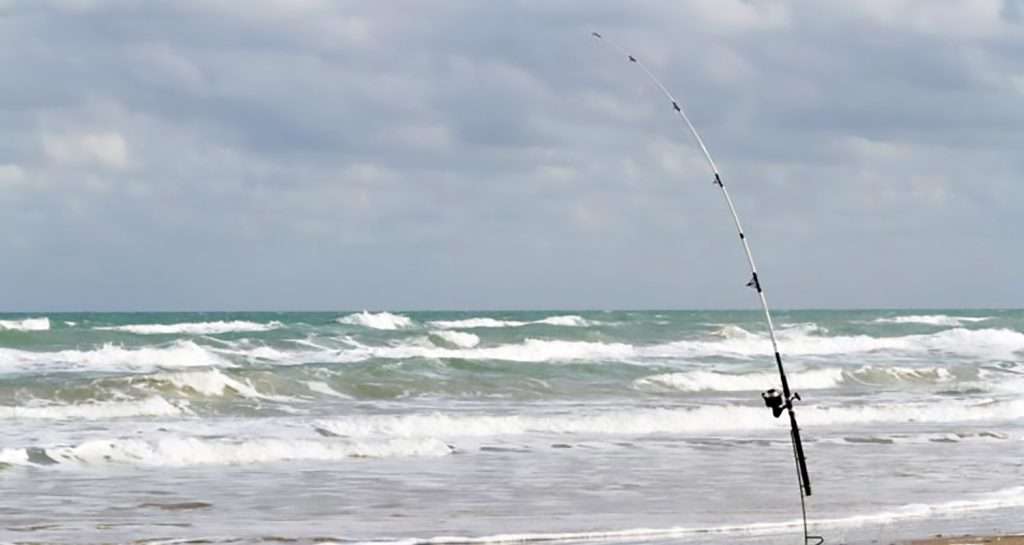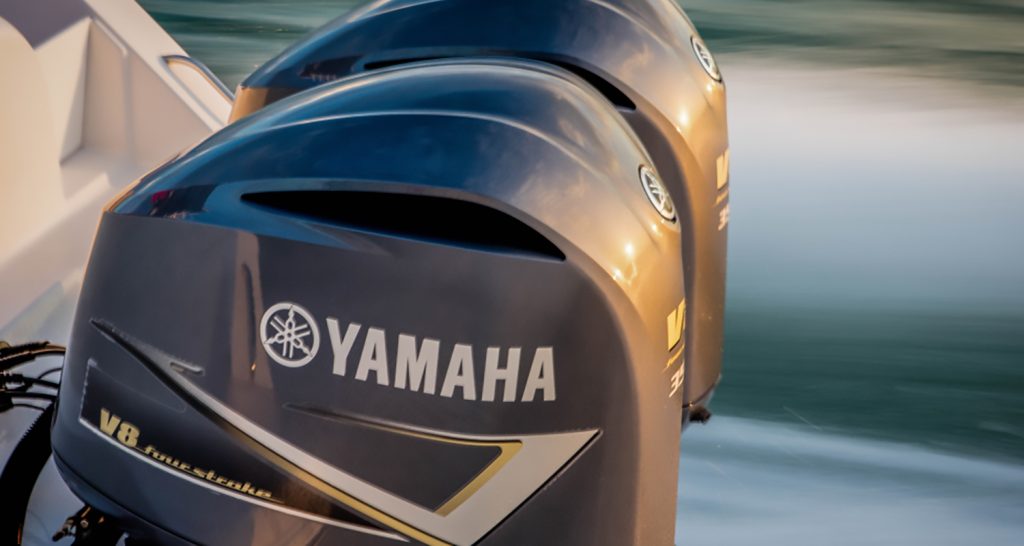Finding yourself stranded in a stalled boat in the middle of a bay can be a distressing and potentially dangerous situation. However, it is crucial to remain calm and take immediate action to ensure your safety and seek the necessary help.
In this article, we will guide you through the steps you should take and provide information on who to call for assistance when your boat is stalled and you find yourself stranded in the bay.
Assess the Situation:
The first step is to assess the situation and evaluate the potential risks. Determine the exact location of your boat, the condition of your vessel, and the available resources onboard. Check the weather conditions, tides, and currents to understand how they may affect your situation. It is important to stay vigilant and make well-informed decisions based on the circumstances.
Contact the Coast Guard:
When stranded in a stalled boat, the United States Coast Guard should be your primary point of contact for assistance. Dial the Coast Guard's emergency line at 911 or the non-emergency number for your local area to report your situation. Provide them with your location, the number of people on board, and any relevant information regarding your boat and the nature of the emergency. The Coast Guard is trained to handle maritime distress situations and will dispatch the appropriate resources to assist you.
If you haven't already, consider installing a VHF marine radio for easy and reliable communication with the Coast Guard and other vessels in emergency situations.
Utilize VHF Radio:
If your boat is equipped with a VHF (Very High Frequency) marine radio, use it to call for help. Channel 16 is the designated emergency channel where you can make a distress call. Clearly state “Mayday, Mayday, Mayday” and provide essential details such as your boat's name, location, the number of people onboard, and the nature of the emergency. The Coast Guard and other nearby vessels monitoring the channel will hear your distress call and provide assistance.
Activate Emergency Position Indicating Radio Beacon (EPIRB):
If your boat is equipped with an Emergency Position Indicating Radio Beacon (EPIRB), activate it immediately. EPIRBs emit distress signals and transmit your boat's location to satellite systems, allowing rescue services to locate you quickly. Ensure your EPIRB is registered and properly maintained, and familiarize yourself with its operation beforehand.
Not equipped with an EPIRB? You can check out recommended marine EPIRBs to improve your safety on the water.
Signal for Help:
In addition to making radio distress calls, use visual signals to attract attention. Traditional distress signals include firing red parachute flares, orange smoke flares, or using a signal mirror to reflect sunlight towards potential rescuers. Displaying distress flags or bright-colored objects can also help draw attention to your location. These signals are most effective during daylight hours when visibility is optimal.
For effective signaling equipment, browse options like marine distress flares and signal mirrors.
Seek Nearby Assistance:
If you spot other vessels or structures nearby, try to signal them for help. Wave your arms or use any available signaling device, such as holding your engine cowling over your head, to catch their attention. Boaters and fishermen in the vicinity may be able to provide immediate assistance or relay your distress call to the Coast Guard.
Final Thoughts
Being stranded in a stalled boat in the bay can be a challenging experience, but by taking appropriate steps and reaching out to the right authorities, you can increase your chances of a safe rescue. Remember to stay calm, assess the situation, contact the Coast Guard, utilize available communication devices, and signal for help using visual means. By acting swiftly and seeking assistance from the appropriate channels, you can ensure a swift and successful resolution to your predicament.





